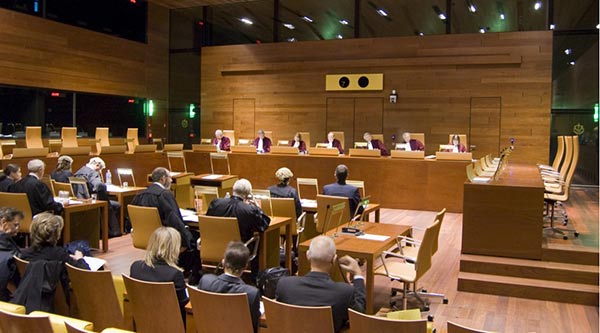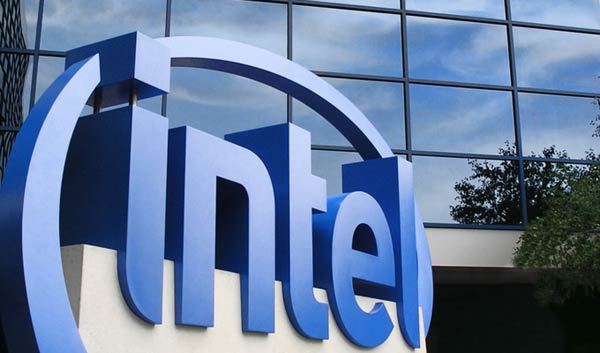Microchip giant Intel has lost its challenge against a large antitrust fine. The European Union's second-highest court has upheld the record €1.06 billion ($1.43 billion) fine against the chip maker, for abuse of market dominance and breaching competition rules.
The EU's General Court based in Luxembourg rejected Intel's attempt to appeal, that the penalty was disproportionate, "in its entirety." It is judged that Intel breached competition rules when it tried to impede rival AMD back in 2009, by giving rebates to PC makers Dell, HP, NEC and Lenovo for buying most of their computer chips from Intel.

"The Commission demonstrated to the requisite legal standard that Intel attempted to conceal the anti-competitive nature of its practices and implemented a long term comprehensive strategy to foreclose AMD from the strategically most important sales channels," the General Court said, reports Reuters.
The Commission also discovered that Intel had paid three OEMs to delay, cancel or restrict the launch of computers containing CPUs made by AMD, whilst being involved in attempts to try to mask its infringing activities. Furthermore the EU competition authority accused Intel of paying a German retail chain, Media Saturn Holdings, to stock only computers with its chips.
"None of the arguments raised by Intel supports the conclusion that the fine imposed is disproportionate. On the contrary, it must be considered that that fine is appropriate in the light of the facts of the case, " the court said, whilst adding that the size of the EU penalty "is at the lower end of the scale" for possible fines. "The fine is equivalent to 4.15% of Intel's annual turnover, which is well below the 10% ceiling provided for."
During Intel's appeal, it argued that the regulator had ignored evidence that AMD wasn't harmed and that the decision was based on mistakes. Also false conclusions, reliant on market speculation in emails, were drawn. Intel argues that its payment of rebates to some OEMs constituted actions of "normal competition" and did not infringe competition rules, according to Out-law.com.
However, its arguments were knocked back by the court as it said that "restricting customers’ freedom to source from the dominant undertaking’s competitors falls outside the scope of competition on the merits," whilst adding that the rebates offered could be classed as 'exclusivity rebates' and are almost always anti-competitive when paid by a company with market dominance.

Intel can take its case further, to the Court of Justice of the European Union, but only on points of law. Intel declined to comment on whether it would do so, after expressing that it is "very disappointed about the decision." Another option Intel could take is to attempt to reduce the fine with an out-of court settlement with the Commission.
"It's a complex case which is reflected in the decision. We will begin evaluating the decision," said Intel spokeswoman Sophie Jacobs.













